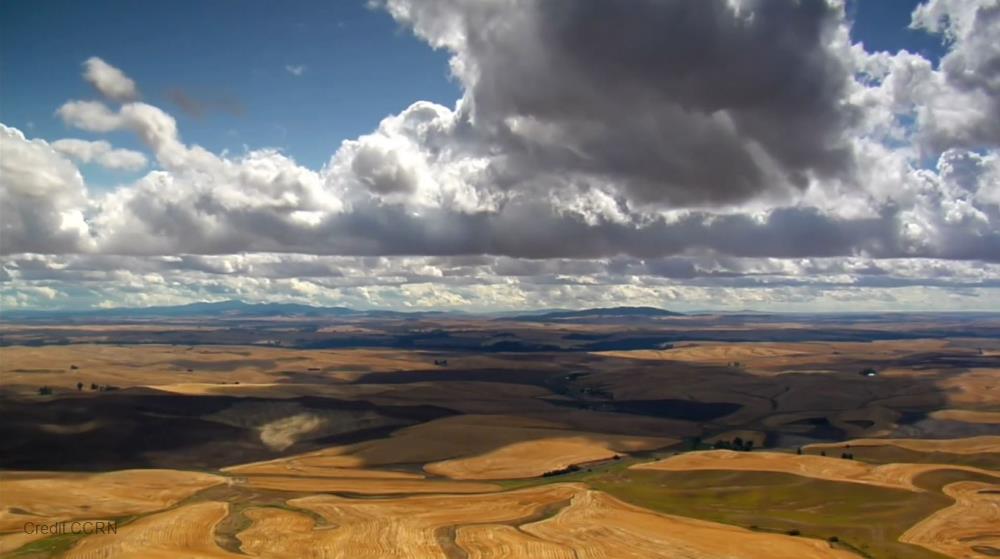
Related items loading ...
Section 1: Overview
Name of Research Project
|
Related Project
|
Part
|
|
GWF-NWF: Northern Water Futures
|
|
|
|
|
|
|
|
Program Affiliations
Related Research Project(s)
|
GWF-NWF: Northern Water Futures | |
Dataset Title
Wild food policy discourses - Indigenous self government and food sovereignty in Deline, Northwest Territories
Additional Information
Creators and Contributors
|
Kelly Skinner | PI | kskinner@uwaterloo.ca | University of Waterloo |
Connor Judge | Originator | | University of Waterloo |
Abstract
Indigenous Self-governance to some is seen as the new way forward for Indigenous communities to govern their people. The Délįne Got’ine Government (DGG) is the first community in the Northwest Territories (NWT) to self-govern. Despite the power bestowed upon this Indigenous government, there are still challenges to effectively govern their people, as the community is still bound under the policies of the Land Claim agreement. While the Land Claim agreement set the foundation for self-governance, it is a policy that was co-created with the communities in the settlement area, the territorial government, and the federal government. In the summer of 2019, a country food processing training was operated out of a food processing facility to expose the community to new food processing techniques, increase food safety, and introduce muskox as a viable country food alternative. The people of Délįne are caribou people, but with declining herd populations, the harvesting rate has drastically declined, and traditional food consumption has thus reduced. As part of this study, an evaluation was conducted on both the country food training and the food processing facility to understand the community’s perceptions on these new foods and methods. The evaluation utilized a mixed method approach, with a pre and post survey, participant observation, and semi structured interviews. This need for this evaluation is the result of prior community based participatory research conducted with the community.
Purpose
This project encompasses the first evaluation to be conducted on a food processing trailer used to process wild game. The purpose of this evaluation is to inform the community of what the potential of the trailer is for processing wild game.
Plain Language Summary
Keywords
|
Public Health and Social Sciences |
Food policy |
Indigenous self government |
Food sovereignty |
Deline |
Northwest Territories |
Citations
Section 2: Research Site
Temporal Extent
Geographic Bounding Box
|
West Boundary Longitude
|
-123.4228
|
|
East Boundary Longitude
|
-123.4228
|
|
North Boundary Latitude
|
65.1889
|
|
South Boundary Latitude
|
65.1889
|
Is Boundary Rectangular
Research Site Images
Research Site Description (if needed)
Délı̨nę, Northwest Territories
Northwest Territories / Sahtu / Deline
Basin
Subbasin
Specific Locations (if needed)
Research Site Location
Map Not Available
Display
View on Global Map
Section 3: Status and Provenance
Dataset Version
Dataset Creation Date
Status of data collection/production
Dataset Completion or Abandonment Date
Data Update Frequency
Creation Software
Primary Source of Data
Other Source of Data (if applicable)
Data Lineage (if applicable). Please include versions (e.g., input and forcing data, models, and coupling modules; instrument measurements; surveys; sample collections; etc.)
Section 4: Access and Downloads
Access to the Dataset
Terms of Use
Does the data have access restrictions?
Downloading and Characteristics of the Dataset
Download Links and Instructions
Total Size of all Dataset Files (GB)
File formats and online databases
Other Data Formats (if applicable)
List of Parameters and Variables


 GWFNet
GWFNet Master
Master Data
Data Research
Research Map
Map
 Advanced
Advanced Tools
Tools
 . . .
. . .
 Metadata Editor
Metadata Editor
 Record List
Record List
 Alias List Editor
Alias List Editor
 Legacy sites
Legacy sites